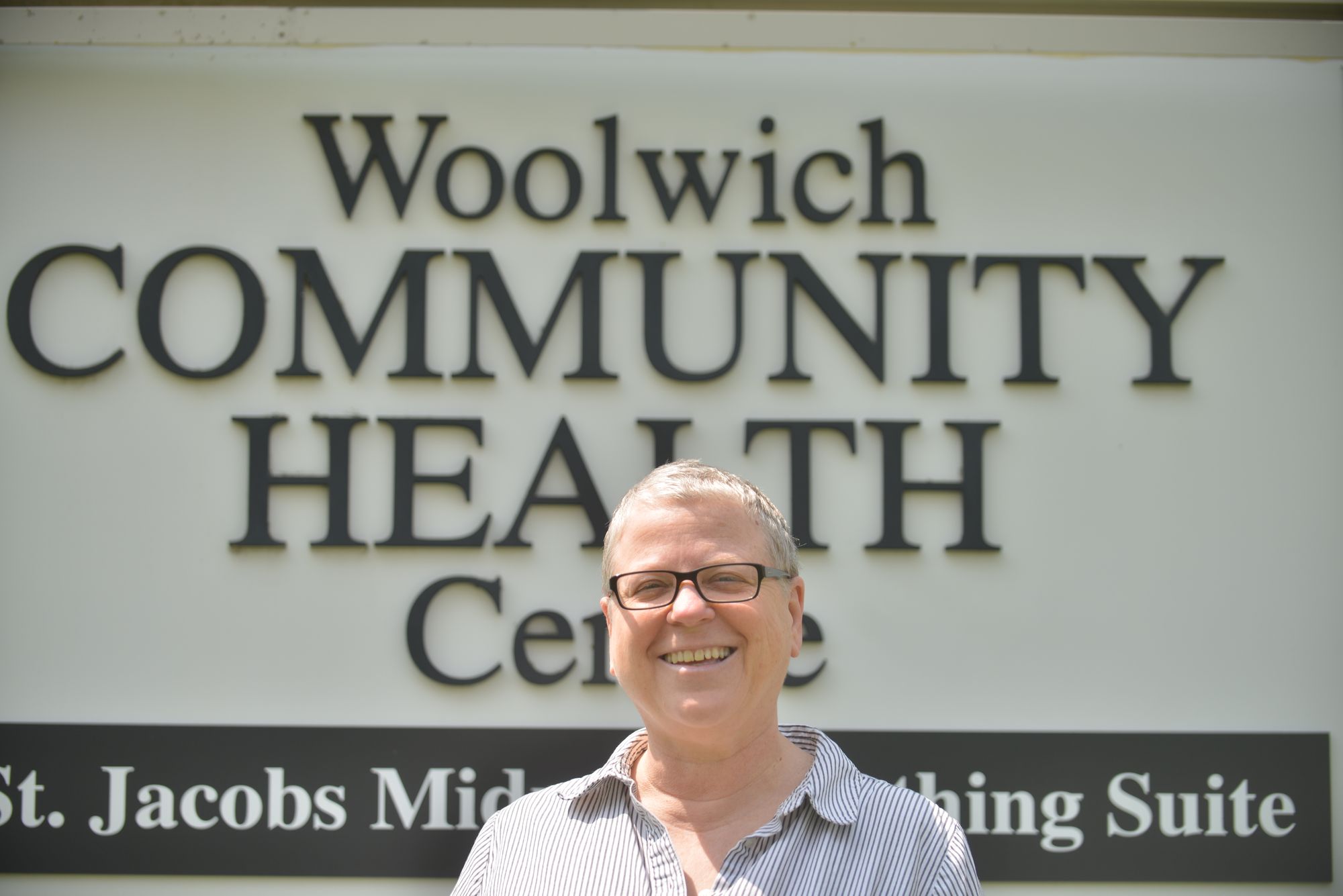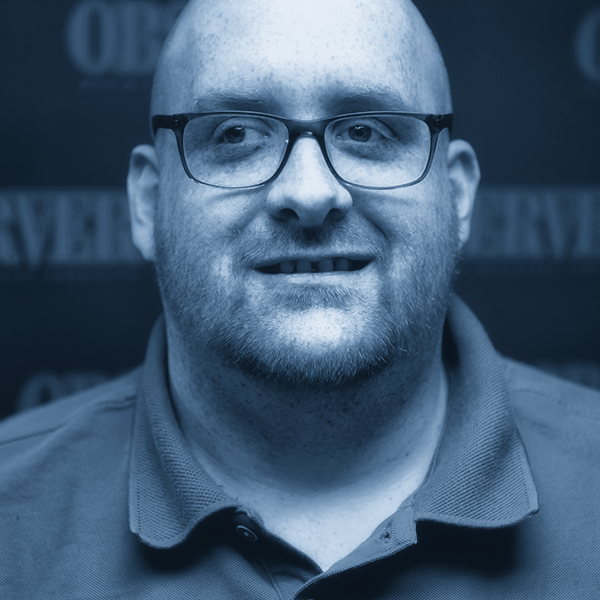Waterloo Region is looking to help marginalized people in the townships have an easier experience accessing health and social services. Through the region’s Upstream Fund, Woolwich Community Health Centre (WCHC) has received a grant of $157,000 to develop an Upstream Rural strategy and action plan that will assess the needs and address potential gaps in services in rural areas.
The health centre will work with several other organizations to develop and implement the strategy. These organizations are Interfaith Counselling Centre, Langs, Wilmot Family Resource Centre, Woolwich Counselling, Community Care Concepts, Porchlight Counselling and Addictions Services and Woolwich Community Services. WCS also received $8,000 toward their family violence prevention program, which allowed them to host a conference earlier this month in conjunction with Woodside Bible Fellowship.
According to WCHC executive director Rosslyn Bentley, there are several groups of people in the township that find it more difficult to access services.
“Black and Indigenous, LGBTQ+, the Mennonite community, people that find it hard to have a voice at the usual kinds of planning tables, so it could be socioeconomically deprived people who don’t have access to computers, people who wouldn’t normally come out to public meetings,” she explained.
“We know from research that, for example, if it’s youth if they don’t see people like them in the planning stages, they aren’t engaged. They don’t feel that services are really attuned to their needs, and they don’t change rapidly as the community itself needs change. So how do you represent that? And it’s a real challenge for organizations like ourselves,” she said.
Bentley notes that even minor issues, such as needing an OHIP card, which Old Order Mennonites do not have, and newcomers to Canada may not know they need, can make it more difficult to access services.
“[Mennonites] may often make economic choices about coming along for service because they don’t want to pay the fee, so they won’t come along to a preventative appointment, generally speaking, because nothing’s broken. ‘Why would I come to get my healthcare if there’s nothing wrong?’”
With diseases that tend to be chronic and need early intervention, for instance, putting off preventative steps presents another challenge, Bentley explained.
“If you are going to develop heart disease or diabetes later on in life, you need to get advice about the importance of exercise, the importance of diet, the importance of sleep and healthy mental, emotional relationships.”
Indigenous people may have challenges accessing services, as there may be a difference in how they think about wellness.
“If you are from a community where…your spirituality is recognized as an intrinsic part of what you consider to be your well being, you [may not] see that in traditional Western medical treatment. We are providing services in most cases to respond to disease states and we provide medications or therapy of various sorts to alleviate that disease state, but we don’t address people’s spiritual wellness,” she explained.
Kristine Allison, who has been hired to develop the strategy, said the action plan is necessary to meet everyone’s healthcare needs, even if certain groups are a small percentage of the region’s population.
“The same could be true for rural areas when we look at different populations. We can say rural is a small percentage of people in Waterloo Region, but rural people pay the same tax dollars, and have the right to have their health and social services needs met just as much. When we say we serve the region, we serve the townships and so we want to ensure everyone has a voice because collectively we’re all part of the community,” she explained,
Allison is in the first stage of the work, which includes mapping out what services are currently available and community engagement. That phase will finish by December of this year. The next phase will look at how to put the findings into action.
Kelly Christie, executive director of Woolwich Community Services, said the different organizations can learn from each other about what they are doing that works and doesn’t work.
“Working in rural areas can be a little unique with our geographic area that we cover, and some of the unique issues that arise rurally,” she said.
“So to have a more coordinated effort and learning on what each agency provides, what are the needs in our community, and then filling those needs or improving the current services that we do provide so that it’s more of a connected, real strategy at the end where we all can work together for the greater good of the residents.”
In that light, healthcare is a more than a one-size-fits-all approach, Bentley said.






